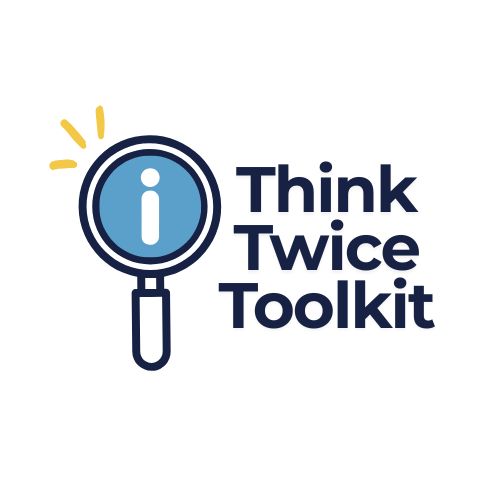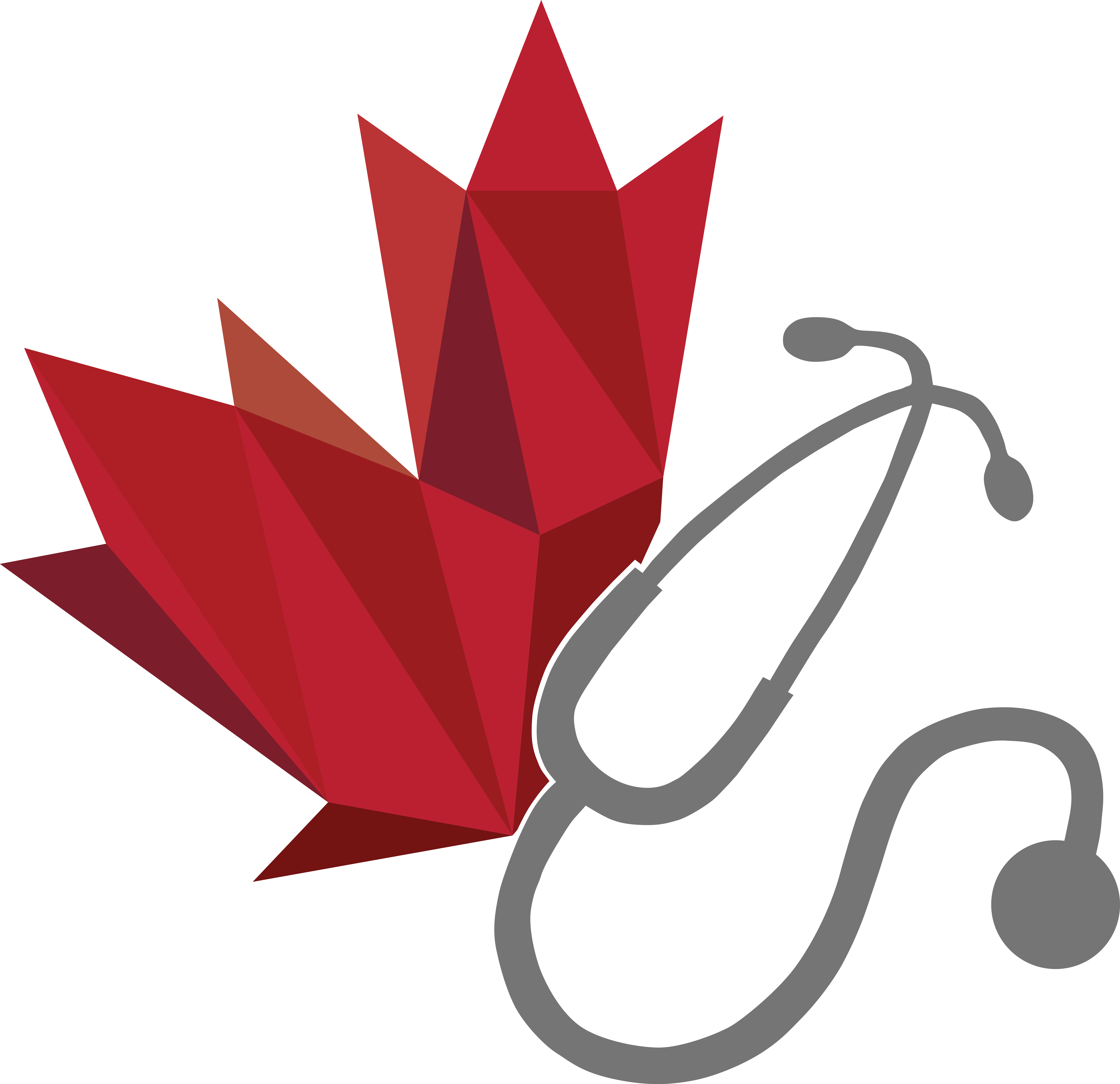CFMS SIGS 2024-2025
The SkinCARE Project
Across Ontario, the homelessness crisis continues to rise, with more than 80,000 unhoused Ontarians in 2024, representing a 25% increase since 2022. In Hamilton, Ontario, estimates from December 2024 cite 1600 unhoused people, with at least 250 of these individuals living outside. The human health consequences of homelessness are well documented, with the average life span of an unhoused person being almost 20 years less than the general population. St. Joseph’s Healthcare Hamilton reported nearly 4,000 emergency department visits from unhoused people, a 43% increase from previous years. Being deprived of housing, exposed to harsh elements, and lacking access to adequate hygiene can lead to a myriad of health consequences, with dermatologic needs often being under looked. It is estimated that 20% of emergency department and community clinic visits by persons experiencing homelessness (PEH) are to address skin concerns. As a result of the significant demand for comprehensive dermatologic care, the SkinCARE Project was launched in January 2024 to achieve three key goals: 1.Distribute SkinCARE Kits, 2.Educational Resources, 3.Community Connection
This medical student-led community initiative has been conducted in partnership with The Hub, a drop-in center for PEH that offers social services including meal support, mail services, and social work. Since inception, nearly 300 kits have been prepared and distributed through the Hub’s drop-in clinic, through the GHHN, and within encampments, garnering significant media attention as featured in Global News and The Hamilton Spectator, demonstrating the community's significant interest in the project. The impact of The SkinCARE Project even extends beyond the Hamilton region, inspiring similar projects in other cities across Canada, including London and Sherbrooke. The need for ongoing preventative skincare resources is evidenced by the recent introduction of a wound care clinic through the Hub’s evening drop-in service, which received 67 visits between October to December of 2024, as well as targeted street outreach and wound care through the Shelter Health Network.
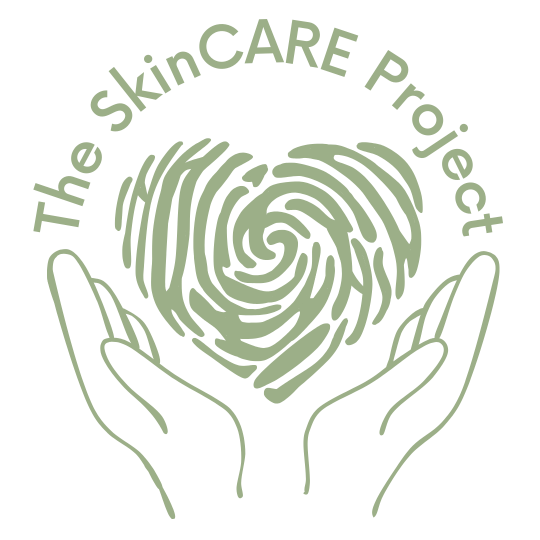
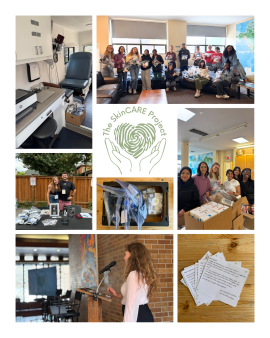
The SafeSkin Project
The Safe Skin Project is a community health initiative focused on providing skin and wound care for persons experiencing homelessness (PEH) in the Kingston region. This initiative aims to address the urgent healthcare needs of a vulnerable population who face increased risk of dermatological conditions - such as frostbite, wounds, and infections - and poorer health outcomes due to environmental exposure and limited access to preventative and timely care. For example, a wound may become dirty, infected, and progress to a life-threatening condition due to a lack of access to wound care and associated supplies.
At least 633 individuals in the downtown Kingston area have been identified as experiencing chronic and episodic homelessness, a likely under-representative number that continues to rise. Addressing these issues is critical not only for improving individual health outcomes, but also for fostering a healthier community and reducing overall costs to the healthcare system by preventing more serious health sequelae. The Safe Skin Project aims to address these concerns by partnering with local organizations and skincare companies to provide community outreach, skin and wound care kits, and educational pamphlets outlining identification and management of common skin conditions.
With the help of numerous product donors and local organizations, our group was able to design and assemble 100 skin and wound care kits for distribution to Kingston’s un(der)housed population in the winter of 2024-25. Our next goal is to distribute 200 kits in the summer of 2025. We aim to ensure project sustainability through donations and minimal funding, allowing us to scale the kit numbers until every individual in need can receive a kit each season.
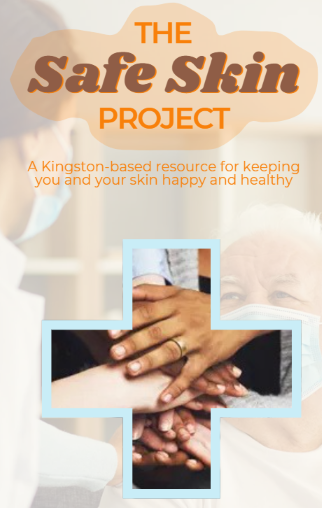
Young Minds Exploring Science (YMES)
Young Minds Exploring Science (YMES) is a science outreach organization that is committed to providing all students with the opportunity to engage in enriching science opportunities and connect with likeminded students in their community, without any financial barriers. YMES was created during the COVID-19 pandemic, recognizing the need for accessible educational opportunities, especially during a challenging time. Since its inception in 2020, YMES has provided over 150 Grade 6 and 7 youth in Delta and Surrey, British Columbia, with the opportunity to engage in a free 8 week-long science program, with each session encompassing a unique theme and corresponding supply kit that students receive upon entering the program. Each weekend, they tune in on zoom to the virtual workshop and later, use their supply kit to complete the corresponding project for that week’s theme. We offer 8 workshop themes including: The Scientific Method, DNA & Genes, Brain & Neurons, Microbiology, Physics, Climate Change, Chemistry and Geology. YMES is grateful to be selected as a recipient of the student initiative grant and will put the funding towards offering drop-in style workshops for youth in the Delta community during 2025.
Instagram: @ymes.youngminds
Facebook: @Young Minds Exploring Science
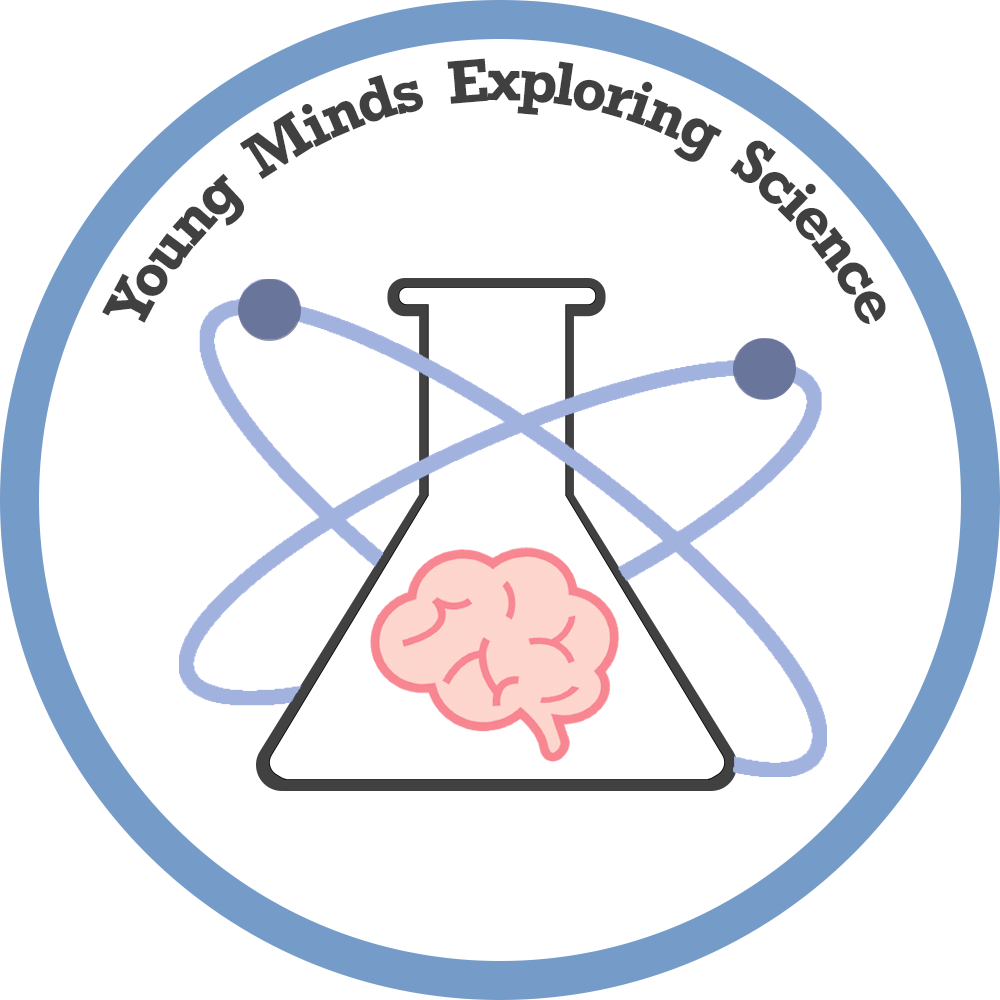
Accessibility in Medicine (AIM)
UBC Accessibility in Medicine (AIM) is a student-led club that aims to foster an inclusive environment for medical students with disabilities while advocating for increased accessibility within healthcare settings. Our objectives are (1) to advocate for the rights and needs of medical students with disabilities within the UBC medical program, (2) to promote awareness of accessibility challenges in healthcare and integrate accessibility topics into the medical curriculum, and (3) to implement tangible changes that improve accessibility in healthcare settings.
AIM’s emphasis on collaboration and advocacy will ensure meaningful outcomes for medical students, healthcare providers, and patients. By engaging key stakeholders, including students, faculty, and community organizations, this project aims to create lasting impacts that align with principles of equity, diversity, and inclusion. AIM will prioritize accessibility and safety in all its activities, ensuring that traditionally equity-deserving groups can fully participate. Whether through tailored resources, physical accommodations, or accessible communication channels, AIM will strive to remove barriers at every level. By promoting systemic change, enhancing educational experiences, and improving healthcare accessibility, AIM aims to create a supportive environment where all students, providers, and patients can thrive.
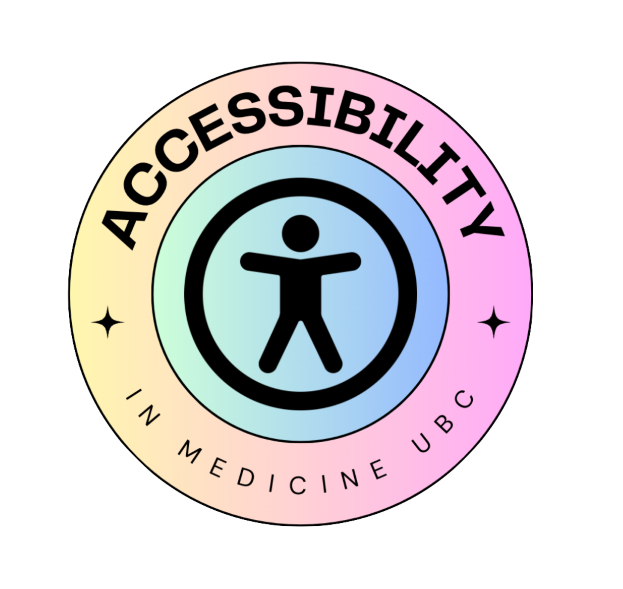
Care Bridges Refugee & Migrant Health Panel
Join us on June 17 for our Refugee and Migrant Health Panel! Attend an insightful discussion featuring physicians and allied healthcare professionals as they address the current challenges asylum seekers and refugees face in accessing healthcare in Quebec. Covering topics ranging from mental health to perinatal care, the panel will highlight the intersection of policy, advocacy, and medicine in today’s evolving landscape.
Location: McIntyre Medical Building, Room 330
Time: 6:00 PM
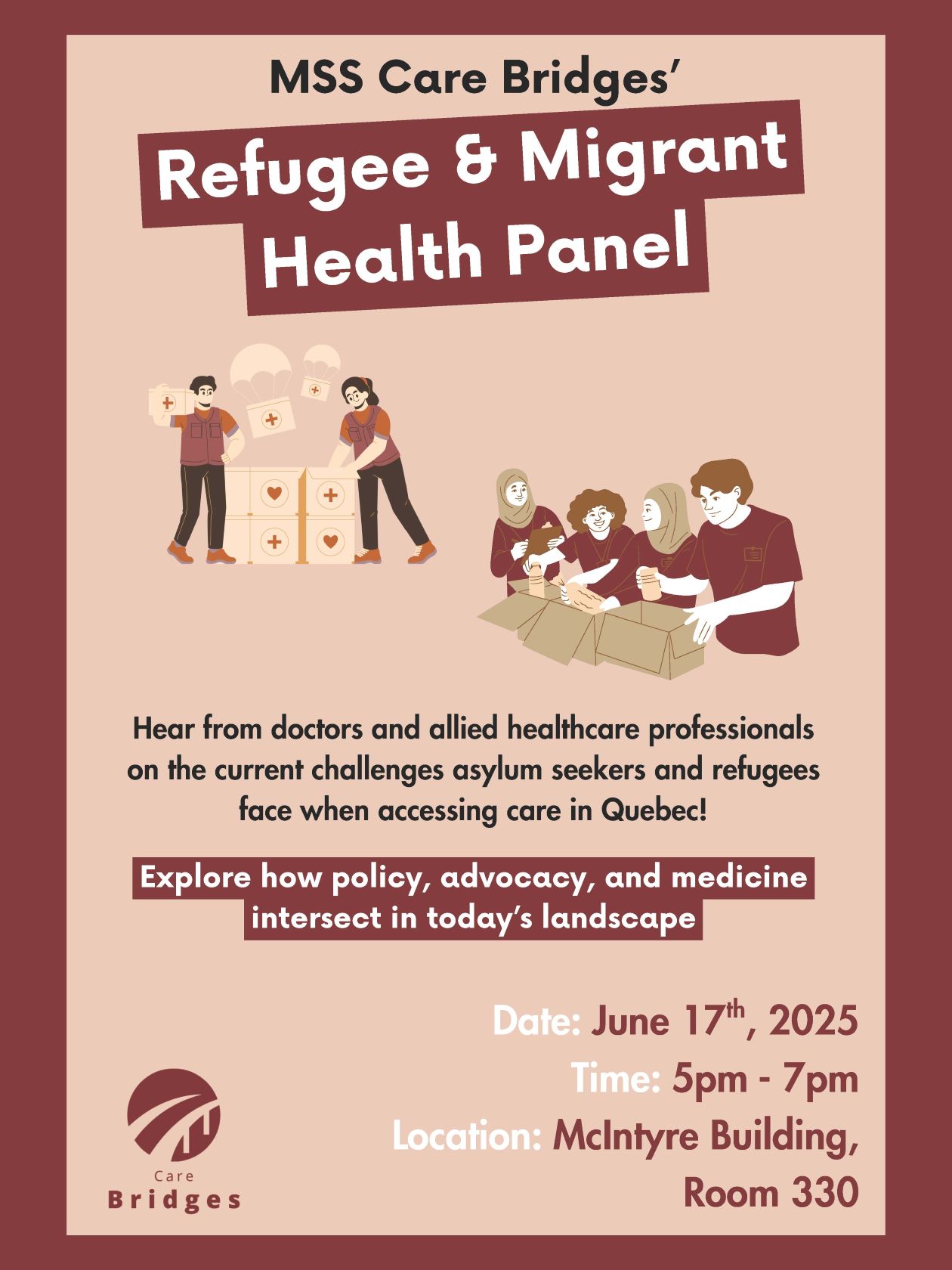
DalMedSIM
Our mission at DalMedSIM is to deliver simulation-based education to medical students, bridging the gap between classroom learning and clinical practice. We believe simulation is a powerful tool to build core competencies in clinical reasoning, communication, collaboration, and procedural skills. Our simulations will focus on common acute care scenarios that reflect the complexity and pace of real clinical environments. Each case incorporates diagnostic reasoning, team-based care, and hands-on procedural tasks like airway management, suturing, splinting, C-spine stabilization, or IV insertion. While acute care is a core focus, we also plan to include scenarios from general outpatient practice to ensure comprehensive clinical preparation. Throughout the school year, we will host simulation and procedural skills sessions in both clinic and trauma bay settings.
A key pillar of our program is a commitment to health equity. Our scenarios integrate the social and structural determinants of health, with a focus on the unique healthcare challenges faced by indigenous peoples, 2SLGBTQIA+ individuals, people living with disabilities, and those in rural communities. This will serve as a way to practice providing culturally competent and trauma-informed care in a safe and low-stakes environment.
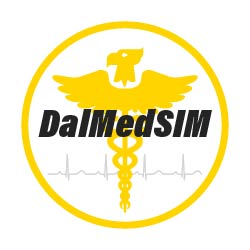
MUZIQA - Community Black Health Centre Fundraiser
MUZIQA is the University of Toronto Black Medical Students’ Association’s inaugural year-end music showcase, celebrating Black talent and culture across the African, Caribbean, and Black American diaspora. With the theme “There’s No Place Like Home,” this fundraiser supports TAIBU Community Health Centre, a vital organization serving Black communities in the GTA.
ReSearchMD
ReSearchMD is a national research platform established by MD2026 students at the University of Ottawa. The platform addresses a significant gap in Canadian medical education: the accessibility and availability of research opportunities. Many students struggle to find research positions that align with their interests and career aspirations due to unadvertised opportunities, limited access, and insufficient guidance.
Our mission is to connect Canadian medical students with research opportunities through our website researchmd.ca. Our website acts as an interactive database, with our automated algorithm matching students with mentors based on shared research interests, geographic location, and time availability (short or long-term). In addition to connecting students with research opportunities, ReSearchMD offers comprehensive resources, including teachings for CVs, abstracts, and poster presentations, as well as guides for evaluating desirable research projects and statistical knowledge. We also have a continuously updated page compiling Canadian grants for medical students, helping students understand what funding is available and how to apply. Additionally, to ensure we provide all the necessary facets of research from preparing for and finding projects to presenting, we also will provide the opportunity for students to showcase the work they have done at our annual research conference. Our second annual conference is set to take place in November 2025 at uOttawa. It will have a prominent virtual component, allowing students from across Canada, particularly those using ReSearchMD, to gain experiencing sharing work through the forms of e-posters and oral presentations. Judges will be from various institutional educations, staff already signed up from uCalgary and uOttawa.
The objective of ReSearchMD is to help medical students every step of the way through their research journey. We answer common questions, provide practical advice and reduce barriers students face when obtaining research positions, with a streamlined pairing of students with research projects. ReSearchMD exposes students to projects across Canada, to foster national engagement and serve as a networking opportunity. This will promote connections for residency beyond their current medical schools. We hope that increasing the medical student population performing research will help advance Canadian medical research, and foster engagement in our next generation of physician-scientists.
Currently, ReSearchMD has a team of 50 medical students from 12 schools contributing to our initiative, along with 170 Canadian medical students registered on our site, interested in a total of 42 specialties. We are in the process of collaborating with deans from various medical schools to ensure our platform meets the needs of students nationwide.
By centralizing opportunities and tools on our website and collaborating with students from almost all Canadian medical schools, we aim to reduce barriers to research participation, foster national collaboration, and build a network that transcends medical school boundaries.
Visit https://researchmd.ca/ and check out our socials @re.search.md for more.
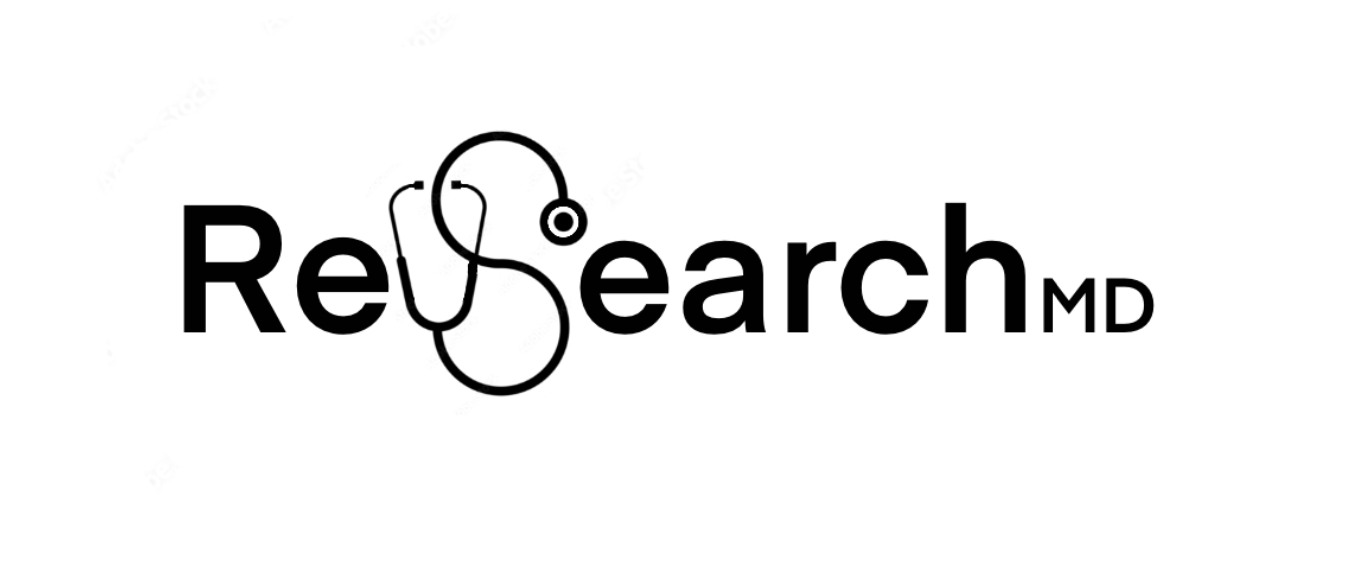
Atlantic Med Games
We’re so excited to officially launch the Atlantic Med Games — a brand new event created by Atlantic Canadian medical students for Atlantic Canadian medical students!
Inspired by the classic MedGames in Quebec, this event brings students from Dalhousie, Memorial, and the Centre de formation médicale du Nouveau-Brunswick together for a weekend of connection, competition, and community — right here in the Maritimes.
Dates: May 23-25, 2025
Location: Halifax, NS
Participants: 150+ medical students from across Atlantic Canada
What to expect:
→ Sports & rec events for all skill levels
→ Wellness programming & mental health workshops
→ Social events & networking opportunities
→ A chance to build friendships and memories that will last long after med school ends
This is more than just a weekend of fun — it’s about fostering connection, supporting wellness, and building a stronger healthcare community across the Maritimes.
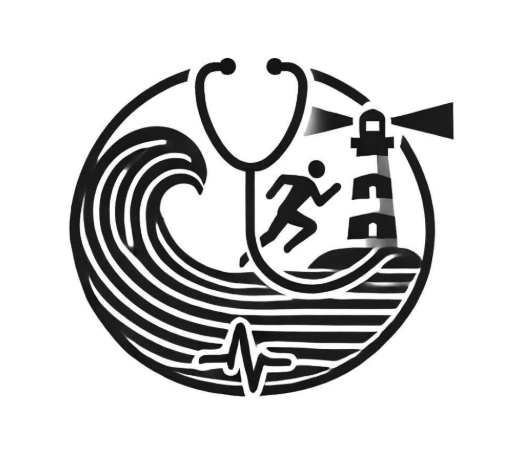
Health Buddy
Health Buddy is a community outreach initiative that connects students with seniors to foster meaningful relationships and address social isolation among the elderly. Our goals are to build connections across generations, enhance students' understanding of aging, healthcare needs, and social determinants of health, and promote interdisciplinary collaboration in elderly care.
Through Health Buddy, student volunteers — including undergraduate, master’s, and medical students — engage in one-on-one companionship visits at retirement homes, organize group social events for seniors, and participate in educational workshops on senior care and communication. We also partner with Glamour Gals to host intergenerational events that celebrate and strengthen the bond between students and seniors.
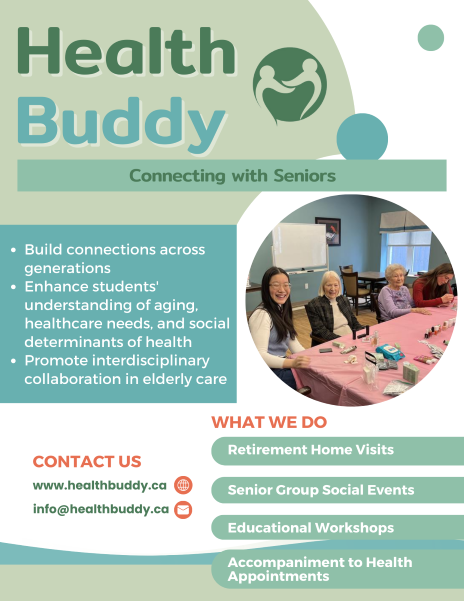
NeuroBridge: Bridging Gaps in Neurological Care and Awareness
NeuroBridge is a student-run initiative that aims to bridge the gap in neurological care and awareness while simultaneously connecting medical students with the community. NeuroBridge is unique because it facilitates two-way learning between medical students and the community – we deliver educational workshops while also learning from the unique needs and experiences of our participants.
We have collaborated with 14 different community organizations ranging from senior residences to high schools and cultural/community centers. We also have partnerships with well-established Neurological organizations such as Alzheimer’s Society of Toronto, MOSAIC Memory Program, Mount Sinai Circle of Care, and Toronto Memory Program. We worked with our partners to create interactive workshops on cognitive brain health, stroke awareness and prevention, and epilepsy and presented them at various community organizations. Moreover, we also host events for medical students to empower them to recognize and respond to current gaps in neurological care.
We are looking to expand our reach across Canadian medical schools! If you are interested in creating a NeuroBridge chapter at your medical school, please reach out to us: [email protected]. We have many resources such as pre-made educational workshops and contacts to help streamline your process!
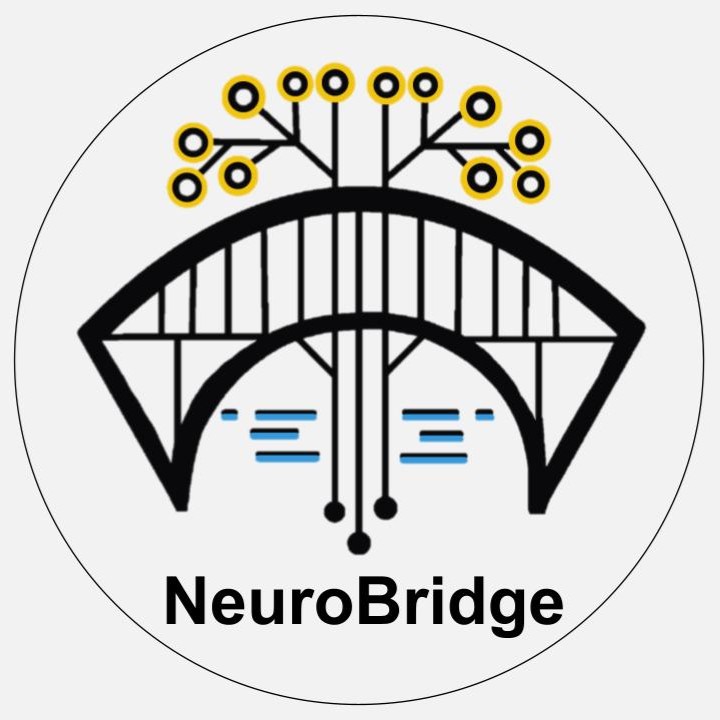
ENRICH (Empowering Newcomers with Resources, Information, Care, and Health) Program
Newcomers experience numerous barriers to accessing healthcare, one of which being navigating the Canadian healthcare system. Coming from countries with different healthcare structures, processes, and cultural norms, many find it confusing and overwhelming to access the care they need. The ENRICH (Empowering Newcomers with Resources, Information, Care, and Health) workshop series aims to bridge that gap by providing practical, straightforward guidance to help newcomers confidently use the system and get the healthcare they deserve. Some key topics include how to get an OHIP card, what is covered under OHIP and what needs private insurance, accessing a family doctor, and mental health services. By gaining familiarity with the Canadian healthcare system, we hope this project serves as an avenue to help integrate newcomers into Canadian society.
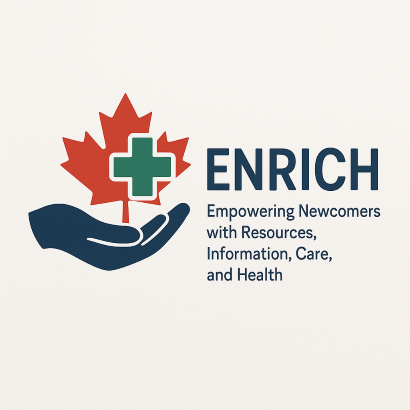
FlashClerk
FlashClerk is a web-based educational platform designed to help Canadian medical students transition smoothly from pre-clerkship to clerkship by providing high-yield, clinically relevant content tailored to the demands of core rotations. Recognizing that clinical rotations often lack structured educational support and students face time constraints, FlashClerk offers streamlined tools—including schemas, flashcards, and interactive cases—focused on the 10–15 most common presentations in each core discipline (e.g. abdominal pain in Emergency Medicine). These tools leverage evidence-based learning techniques such as schematic chunking, active recall, and spaced repetition to enhance long-term retention and usability at the bedside. All content is created by medical students and reviewed by physicians to ensure both relevance and accuracy. FlashClerk is committed to remaining free and open-access (FOAMed), particularly during financially burdensome phases like clerkship and CaRMS. With plans for strategic partnerships and sustainable student involvement, FlashClerk aims to become a foundational resource for Canadian medical education.
FlashClerk is proud to announce we are currently at 500+ unique accounts and 10000+ cases of the day solved.
The Think Twice Toolkit
The Think Twice Toolkit is a public education initiative designed to help both healthcare practitioners and the general public navigate the growing infodemic. The infodemic refers to the deluge of misinformation that is becoming increasingly prevalent. It not only complicates clinical care but also erodes trust between patients and providers. Unfortunately, many healthcare trainees lack the tools to effectively address misinformation, while many patients lack the knowledge to identify it.
This project is working to offer an accessible, online course that teaches critical thinking, and scientific literacy. For medical students and other healthcare practitioners, it provides a framework for identifying misinformation and addressing it during patient encounters. For the public, it will serve as a practical guide to understanding scientific claims and making informed health decisions.
Grounded in inclusive frameworks like quantitative critical race theory and positionality, the toolkit will work to teach the community about the infodemic. Ultimately, the Think Twice Toolkit empowers all users to critically engage with health information.
